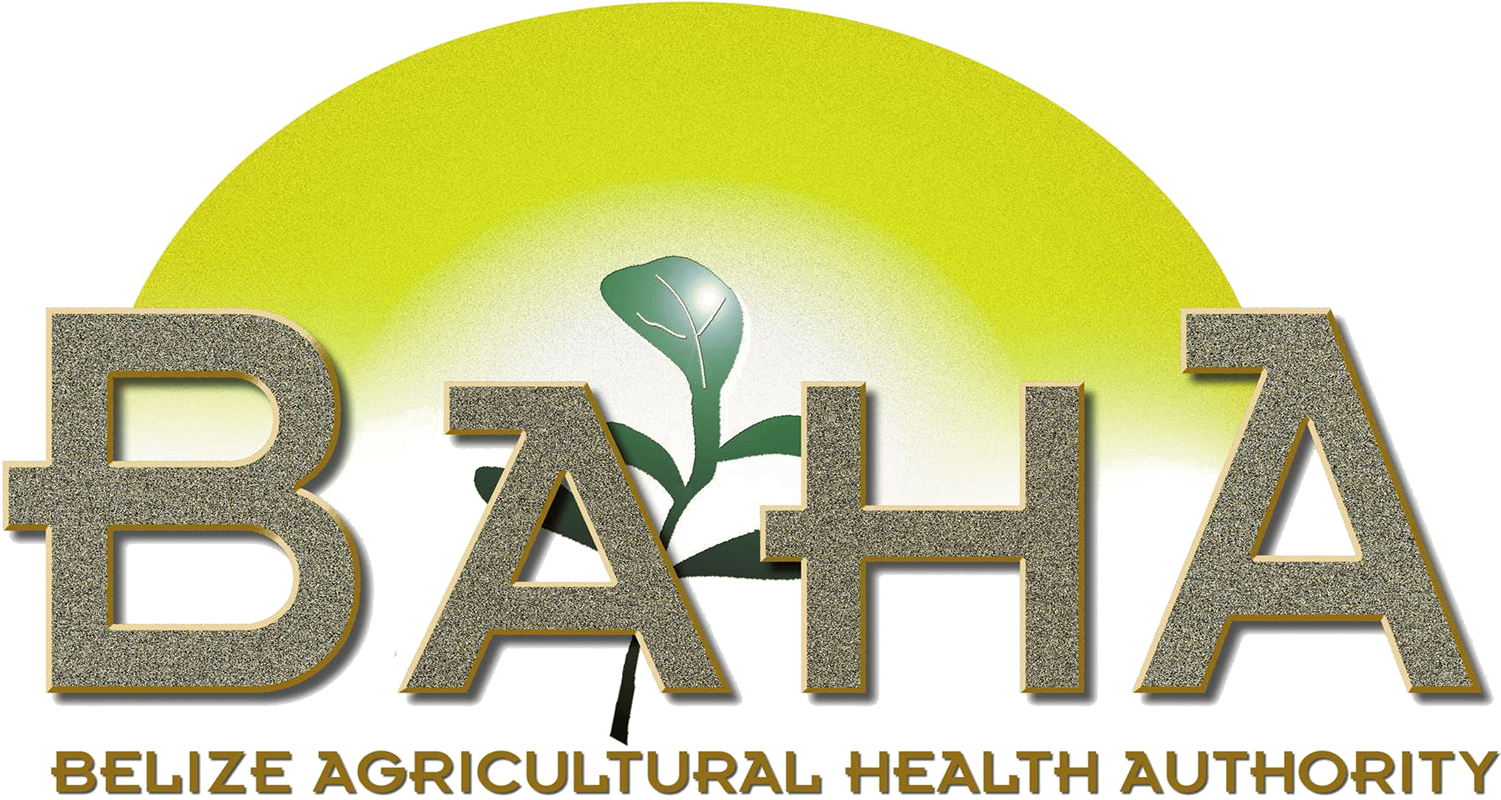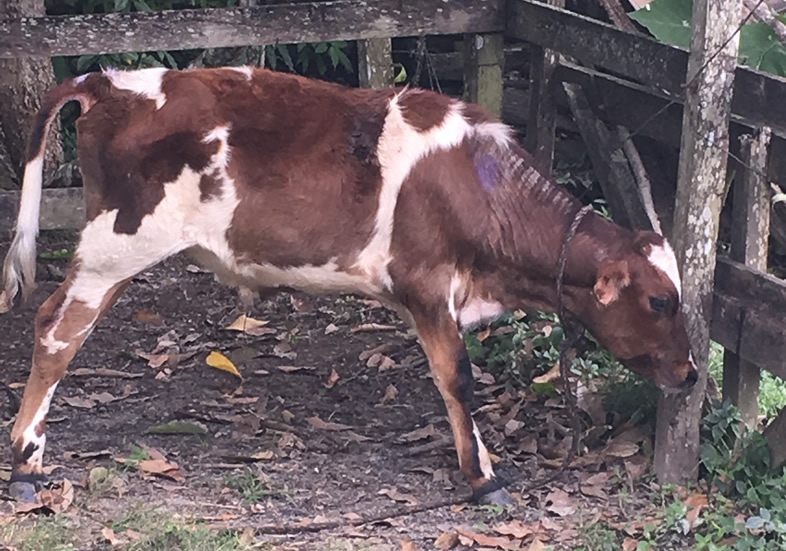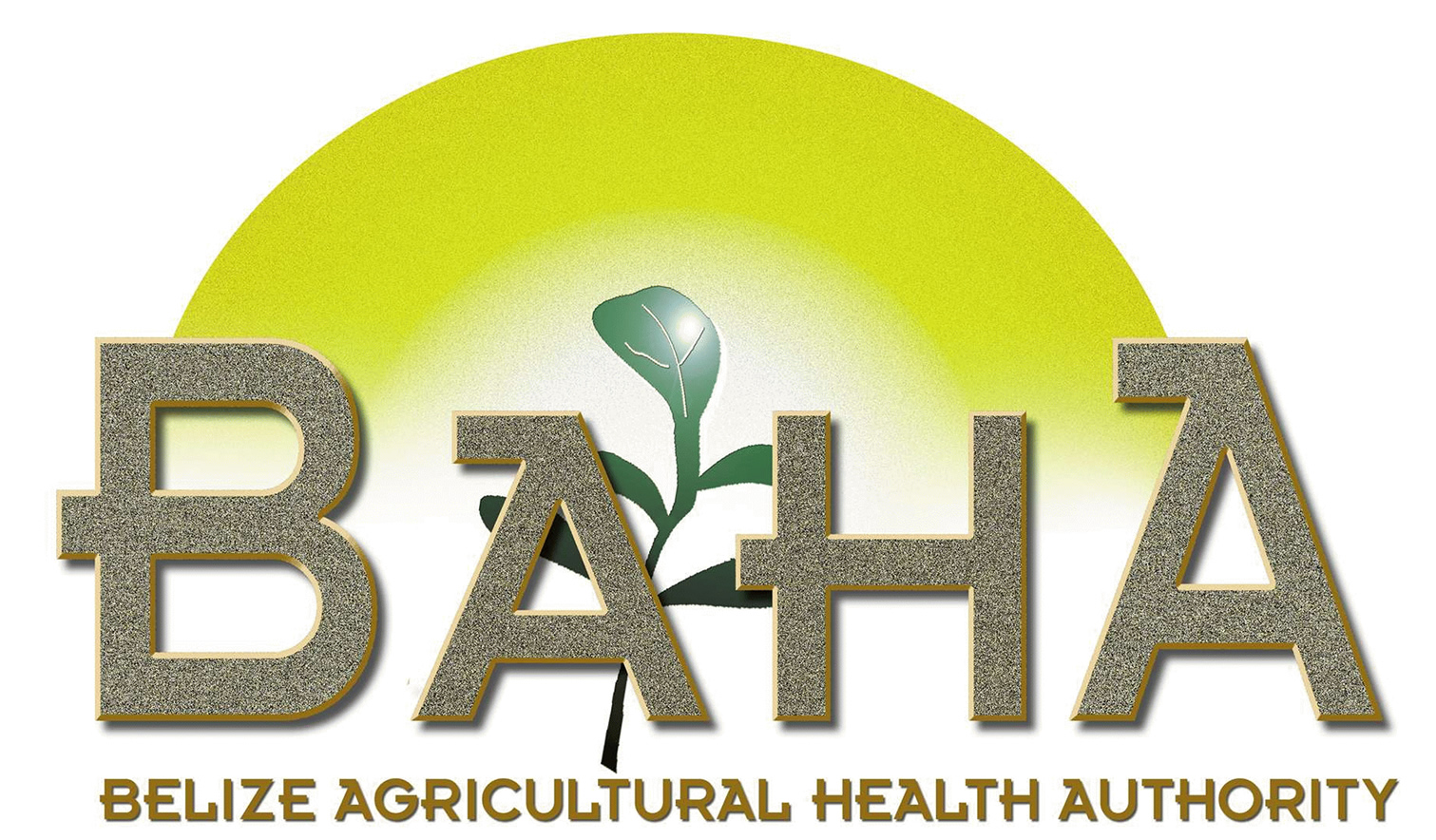



Belmopan, 26th April, 2019
BLACKLEG AND RABIES VACCINATION FOR CATTLE STRONGLY RECOMMENDED – ADVISORY #3 BELIZE
The Belize Agricultural Health Authority in collaboration with the Ministry of Agriculture, Ministry of Health and Belize Livestock Producers Association, once again takes this opportunity to advise livestock producers to vaccinate their animals against Rabies if they have not been vaccinated in the last year and against Blackleg if they have not been vaccinated in the last six months. Farmers are advised that rabies can be transmitted to humans and to report suspect cases to BAHA. Rabies is a highly fatal disease that affects all mammals and can be prevented through vaccination of animals and post exposure treatment to humans. Affected animals will usually show nervous signs and aggressive behavior. Most animals will show excessive salivation as swallowing becomes impossible. Avoid coming in contact with animals showing these symptoms and immediately call BAHA.
Blackleg is also highly fatal disease in cattle. In most cases the animal is found dead without being previously observed sick. The speed with which blackleg kills usually makes individual treatment useless. It is caused by the bacteria Clostridium chauvoei which is found naturally in the soil. The first sign observed is usually lameness; loss of appetite, rapid breathing and the animal is usually depressed and has a high fever. The animal usually dies within 12 to 48 hours.
Blackleg is almost entirely preventable by using the Clostridial vaccine. Farmers are encouraged to use the seven-way Blackleg vaccine available at most farm supply stores. As with all vaccines, it is of utmost importance that the cold chain be maintained, otherwise vaccination will be ineffective.
The Belize Agricultural Health Authority also encourages farmers to provide supplemental feed to ensure that their herd has adequate energy, protein, vitamins, and minerals, on drought affected pastures and to provide clean water as most ponds are very low and muddy.
Additional information can be obtained from livestock officers of the Department of Agriculture in the districts, BAHA animal health officers, Belize Livestock Producers Association and Registered Veterinarians.
End
